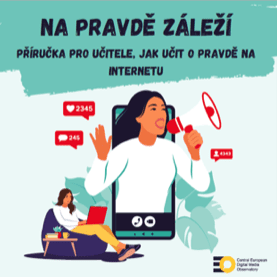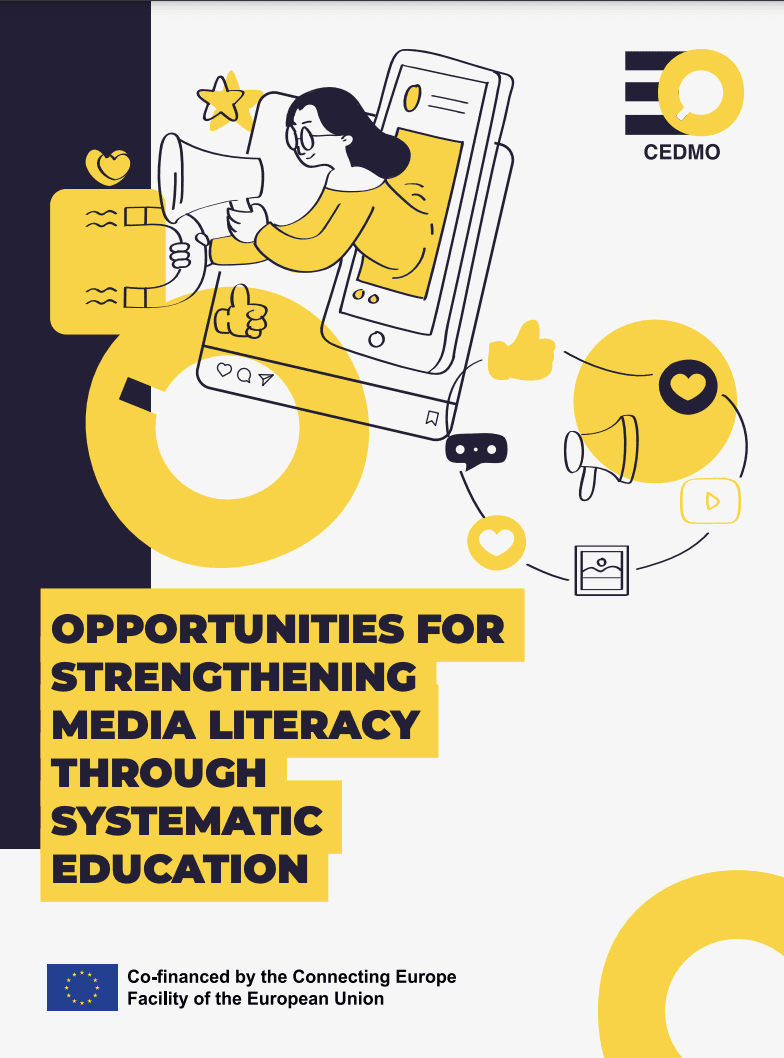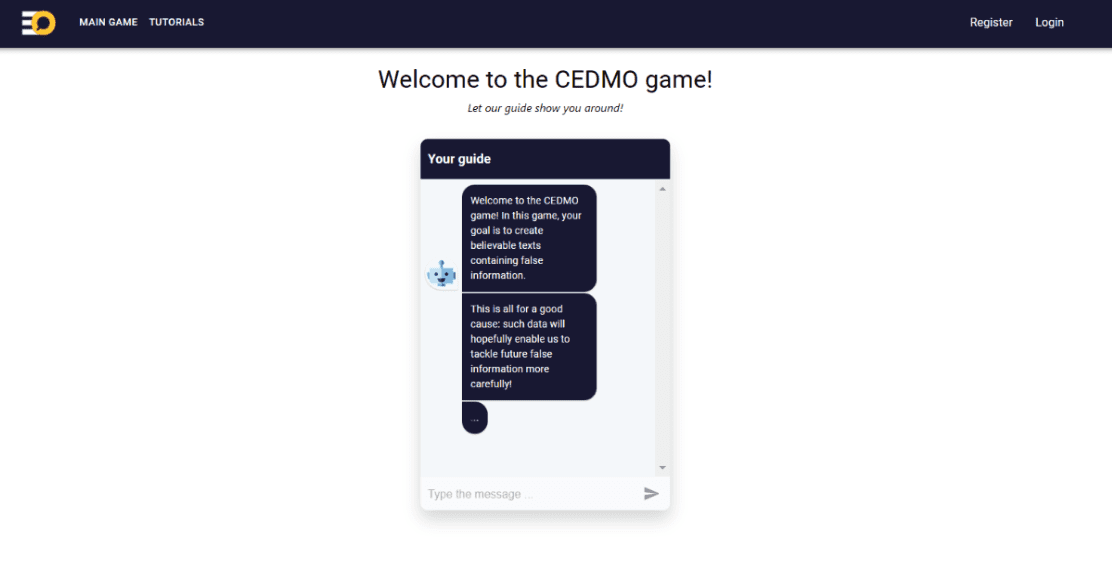Explore our media education activities in the Czech Republic, the Slovak Republic and Poland. Our primary target groups are teachers and journalists, but we also reach out to young people, parents and the general public.
Click on the lines below and find out more about our activities. If you can’t click on the lines, it may be because you have not allowed all cookies on this website. You can change your cookie consent at the bottom of the page.
The AFP team, led by Jocelyne Zablit, prepared a set of video tutorials explaining the basic fact-checking techniques. You can find out, for example, how to use advanced search on the web or Twitter, how to search for images or videos, or how geolocation works. The videos are available in English (below), Czech, Slovak and Polish. AFP also created two online guides and two quizzes, which test the ability to evaluate information.
Advanced web search
Advanced Twitter Search
Using Metadata
Geolocation
Reverse Image Search
Reverse Video Search
The AFP team created two quizzes testing the skills gained by watching the video tutorials (see above). They consist of several news items that require further verification. After you apply some of the fact-checking techniques introduced in the tutorials, you will get feedback and concrete examples of best practice solutions.
The Czech team from Palacký University in Olomouc, led by Kamil Kopecký, organised six lectures for current or future teachers and journalists from October 2022 to May 2023. The lectures aimed to increase the participants’ media literacy and provide inspiration on how to strengthen the media literacy of others.
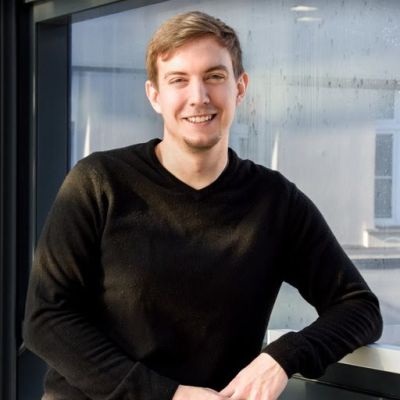
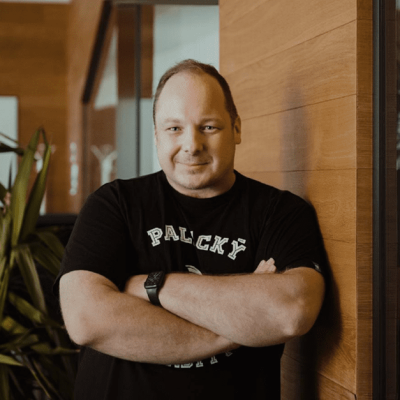
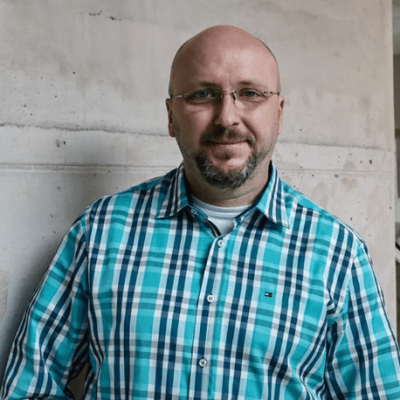
The interactive lectures focused on topics related to the critical perception of information online. Other issues addressed included:
- information disorders and cognitive distortions,
- the basics of fact-checking and debunking,
- the limits of freedom of expression,
- the issue of the so-called apolitical nature of schools.
The lecturers used concrete examples to explain the topics and provided guidance for media education activities at school. Participants were actively involved through means such as voting via Slido.
If you are a media education teacher or simply curious about the topics, you can read more about the first lecture here. If this information is not enough for you, you can watch the entire lecture on YouTube or below (this is a lecture in Czech from November 30, 2022).
All the scheduled lectures are behind us. The dates of the lectures were 26/10/2022, 16/11/2022, 30/11/2022, 13/1/2023, 3/3/2023, 24/3/2023 and 3/5/2023. Currently the Czech team follows up these successful lectures with a series of other lectures (beyond the framework of the CEDMO project), in which they also focus on artificial intelligence in education.
Download the handbook for teachers of media education
In addition to the lectures, the Czech team also created a handbook for teachers with tips on media educational activities that they can use with their pupils or students in teaching. The manual was prepared by the author team of Kamil Kopecký, Dominik Voráč and René Szotkowski. It is aimed at strengthening media literacy and offers various options for working with the topic of truth and lies in the online environment. The handbook will be distributed in printed form to the participants of the aforementioned lectures, but it is freely downloadable for anyone in PDF format (in Czech). Just click here or on the front page preview below.
To better understand the Czech team’s approach to media literacy education, you can read a brochure in English introduced at the CEDMO annual conference in September 2022. You can download it here.
The Slovak team from the University of Ss. Cyril and Methodius in Trnava, led by Norbert Vrabec and Viera Kačinová, primarily worked on media education activities for Slovak audiences.
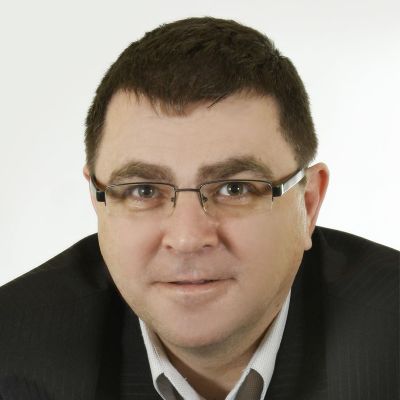
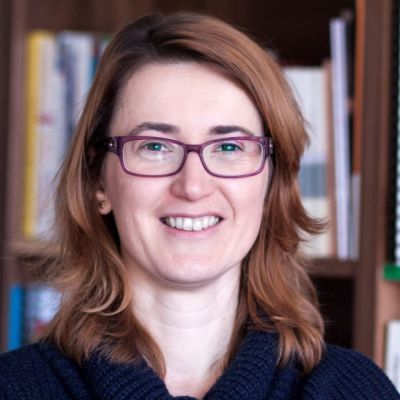
See examples of good practice from competing teachers
The competition titled “Online Misinformation – a Challenge for School Education – Examples of Good Practice in Teaching Media Education in Primary and Secondary Schools” was launched in May 2022 and lasted until the end of February 2023. The goal was to find examples of good practice and use them to create a methodological manual (see below).
Once the competition was over, the evaluation committee selected the winner. The committee consisted of 5 evaluators from the Department of Media Education at the Faculty of Mass Media Communication of the University of St. Cyril and Methodius in Trnava and each evaluated 27 examples in 7 categories. The information about the winners and their rewards is available here.
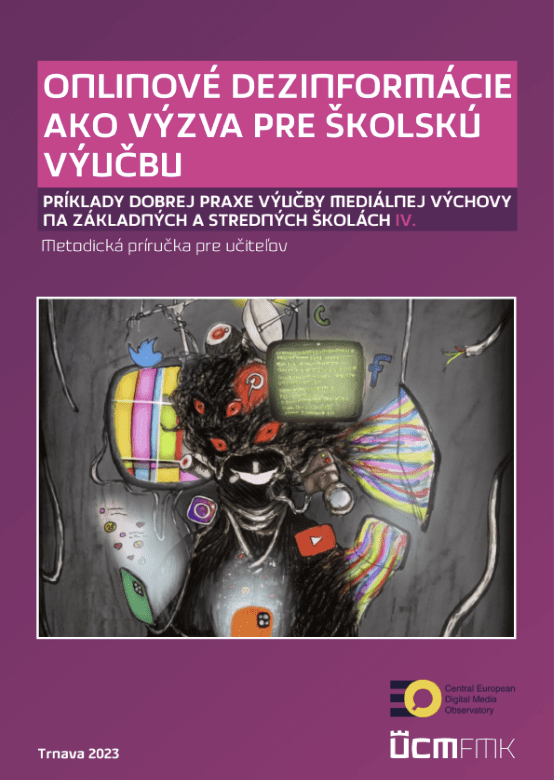
Are you curious about the best practice examples or want to be inspired by competing teachers? The Slovak team completed a methodological manual for teachers (in Slovak language only), in which you can find the best examples of media educational activities on the topic of disinformation, with which individual teachers competed. It consists of 8 examples of education about disinformation on primary and lower secondary school and 12 examples of education about disinformation on higher secondary schools. Download the manual.
Media education course for teachers
The Slovak team organised the online education course for teachers under the title “On disinformation competently and critically”. The course was held in June 2023 and was focused on the topic of online disinformation, critical thinking and tools for the development of media and information competences in the given area. Five speakers explained how to deal with disinformation in everyday life as well as in a class, introduced educational tools created under the CEDMO project and also informed about how to use ChatGPT to develop critical thinking in relation to media content. The recording is published here.
A course about fake news and critical thinking for students
In May and June 2023, the Slovak team organised a multi-part online education for primary and secondary school students focused on critical thinking and disinformation. This was done through the online course “About media reflexively and practically” and the educational module “Critically in digiland” and 2 learning lessons published on the media educational website of the Slovak team. In the first, pupils were introduced to the world of hoaxes and fake news. Pupils learned how to distinguish hoaxes and fake news from true information on the Internet, what material, technological and intellectual tools they can use to do so. The second part focused in more detail on critical thinking about photography, communicating the world through photography, using photography for manipulation, etc.
See an overview of media education projects with focus on disinformation in Slovakia
The Slovak team is collecting information about educational projects focusing on online disinformation. The goal is to prepare an overview of all relevant projects for teachers The projects will also be analyzed in an upcoming report.
The team has already produced a research report on research focused on media education projects related to disinformation in the Slovak environment. The paper entitled “Media literacy models in the field of disinformation to support citizenship in the application of Slovak educational projects and online platforms” was presented at an International Congress Alfamed in Peru and is available here (page 1109, in Spanish).
The Czech and Slovak teams will collaborate on producing a comparative study analyzing educational projects focusing on disinformation. The results will be published here.
Strengthen your media literacy by playing a game
A team from the Kempelen Institute of Intelligent Technologies led by Jakub Šimko developed an educational digital game called “Factology Checker”. Players have the opportunity to learn to analyze and evaluate certain types of media messages.
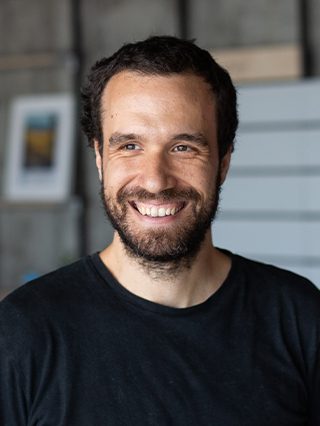
The purpose of the game is to educate the players and generate data valuable for further research and development of AI-based tools to support the work of fact-checkers. The educational purpose of the game is to familiarize players with the role of artificial intelligence in tackling disinformation.
The KInIT team seeks to raise awareness about the state of the art AI techniques capable of detecting misinformation and to educate on their strengths as well as weaknesses. The players will also have the opportunity to learn about a variety of false information narratives, with which they will work in-game.
The game is that players should modify a given tweet without changing its real meaning, yet causing an existing automatic misinformation detection model to fail in recognizing that the tweet contains misinformation.
Do you want to try playing it? Click here or below to preview the website where the game in English is available.
The Polish team from the University of Social Sciences and Humanities, led by Karina Stasiuk-Krajewska, Katarzyna Bąkowicz and Tomasz Wołodźko, is preparing several media education events as well as practical tools.
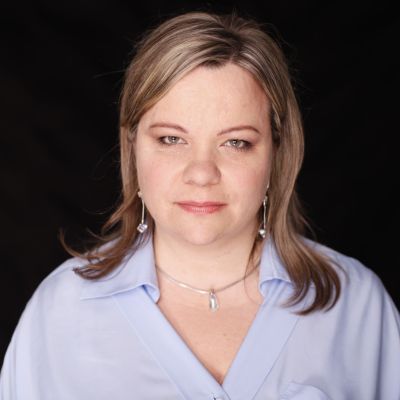
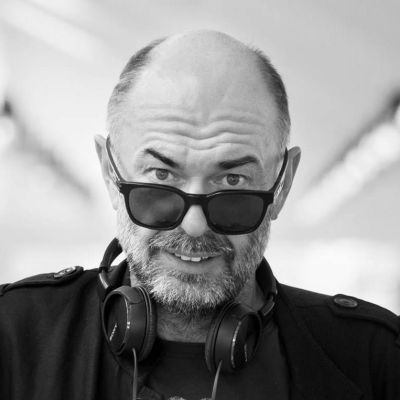
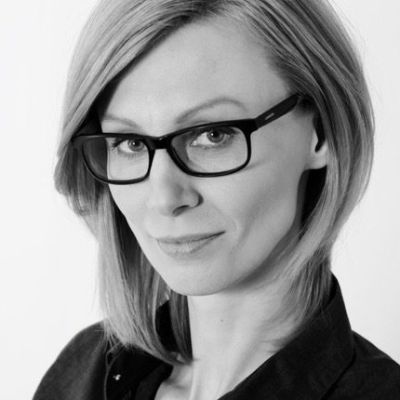
Webinars and workshop about disinformation for teachers
The Polish team organized a total of three webinars on the topic of disinformation and ways to work with it in education. They were tailor-made for Polish teachers, i.e. also in the Polish language. During the first webinar, the Polish team for example explored what causes vulnerability to disinformation and presented examples of disinformation narratives and fake news. The participants were introduced to initiatives and tools that can help them identify disinformation (fact-checking portals, simple technological tools, etc.). The lecturers discussed specific ideas on how to talk to young people about disinformation. The first webinar took place on November 28 2022 and you can read more information about it. You can also watch the recording of the first webinar on YouTube or below (in Polish).
The other two webinars are already behind us. The second webinar took place on March 30, 2023, and you can watch it on YouTube. The third webinar was held on 20 December 2023 and its record is available on YouTube.
Workshop for teachers on the topic “Disinformation – how to deal with it?” organized by the Polish team on February 10, 2024. During the 4.5-hour program, participants learned how disinformation is related to emotional education, digital hygiene, hate, mental health or human rights, but also how to effectively teach information verification and critical thinking in a way that interests students. The practical part consisted of exercises in groups examining the relationship between disinformation and cyberbullying, but also training techniques for searching large information sets, verifying information, assessing credibility, etc. The expert lecturers were Aleksandra Monkos and Martyna Wilk. 20 teachers participated in the workshop.
Are you a Polish parent? We have an online guide for you on how to work with the topic of disinformation in parental mediation
The handbook aims to help parents educate their children about the issue of disinformation. It will help parents to get teenagers interested and explain to them what makes disinformation a significant social problem. The authors provide answers to relevant questions that may arise as well as information on verification tools. The parents‘ guide is available online (in Polish only) and you can download it.
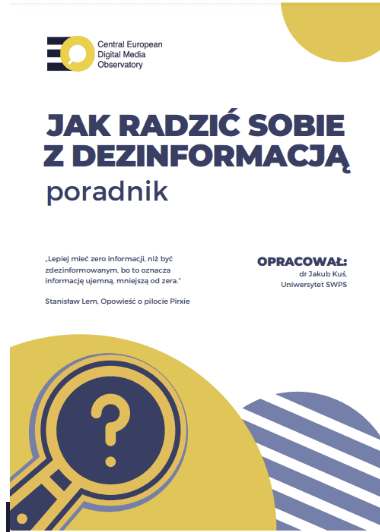
Contexts of (dis)information – discover a Polish podcast and video campaign about disinformation
This campaign includes ten podcasts and ten short films created for adult audiences. You can look forward to conversations with leading Polish figures about disinformation and its contexts. The guests include writers, political scientists, philosophers, historians or lawyers.
These are some of the questions discussed:
- Which tools can be used to fight disinformation in a systematic way?
- How can technology free us from disinformation?
- What can we do to prevent being manipulated?
- Are we even interested in the truth?
- Why is disinformation so popular in our cultural milieu?
- Does disinformation affect social gaps? Does it lead to exclusion?
Watch our videos or listen to our podcasts here!
All already created videos and podcasts are available (in Polish) on YouTube and Spotify. You can also view them further down on this page.
- Interview with prof. Adam Leszczyński, Polish historian, sociologist, journalist and publicist
Are you interested in what topics the conversation was about? Read about it here. You can watch it on YouTube as a video interview (in Polish) or listen to the podcast version on Spotify (in Polish).
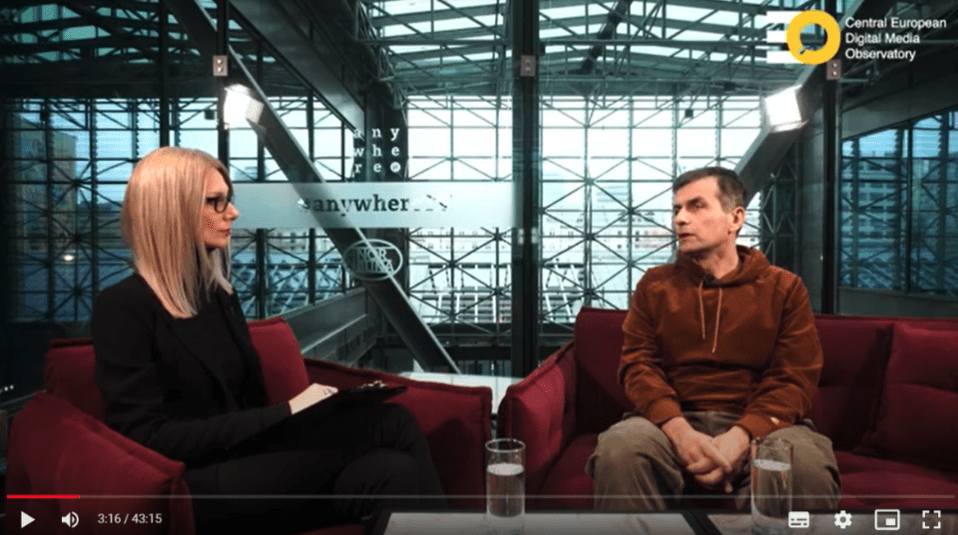
- Interview with Maciek Okraszewski, founder of the Dział Zagraniczny portal
What were the main topics of the interview? Read about it here. You can watch it on YouTube as a video interview (in Polish) or listen to the podcast version on Spotify (in Polish).
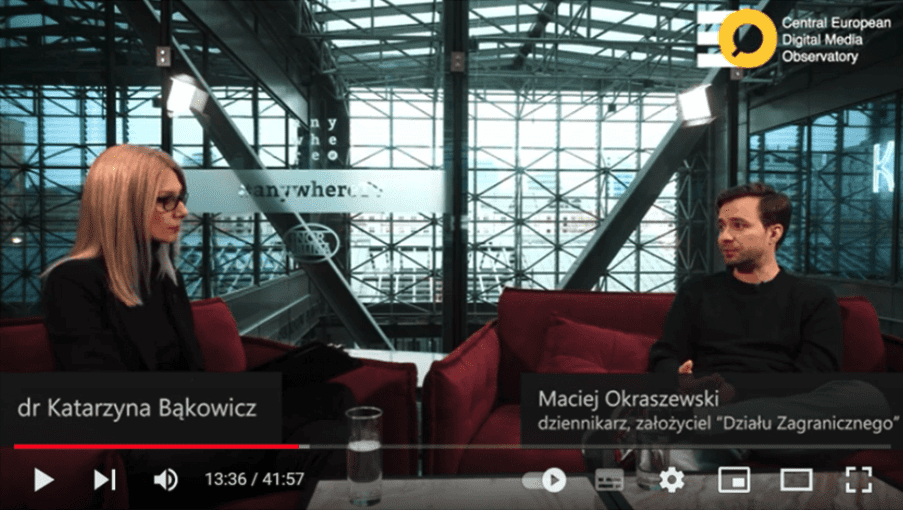
- Interview with Sylwią Chutnik, a Polish writer, publicist, social activist
You can watch it on YouTube as a video interview (in Polish) or listen to the podcast version on Spotify (in Polish).
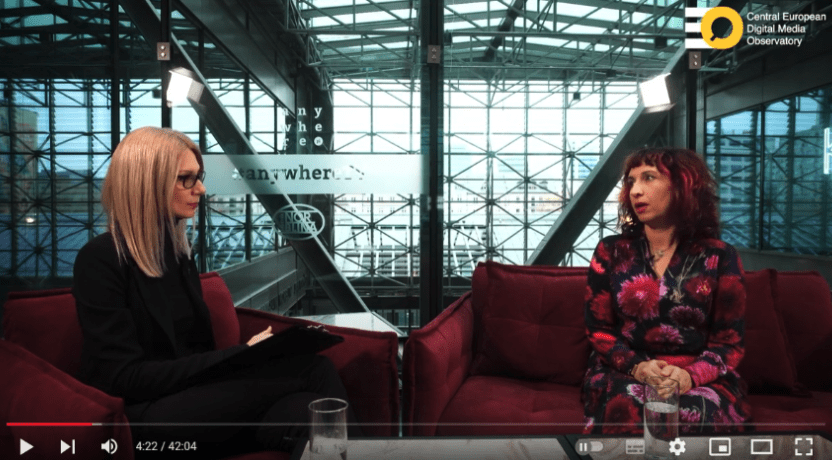
- Interview with prof. Kariną Stasiuk-Krajewską from SWPS University, a media and disinformation researcher
You can watch it on YouTube as a video interview (in Polish) or listen to the podcast version on Spotify (in Polish).
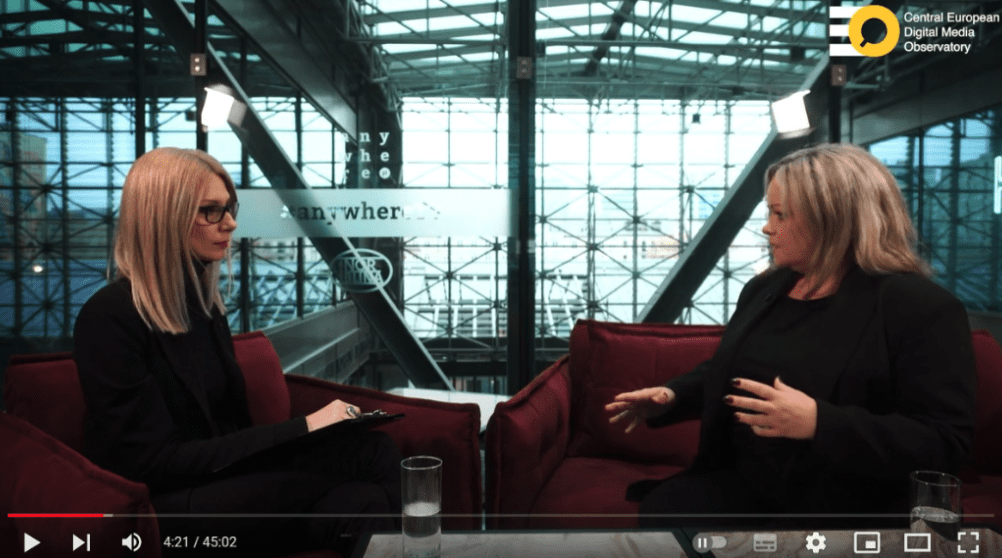
- Interview with Aleksandra Stanisławska from CrazyNauka.pl, the largest popular science blog in Poland
You can watch it on YouTube as a video interview (in Polish) or listen to the podcast version on Spotify (in Polish).
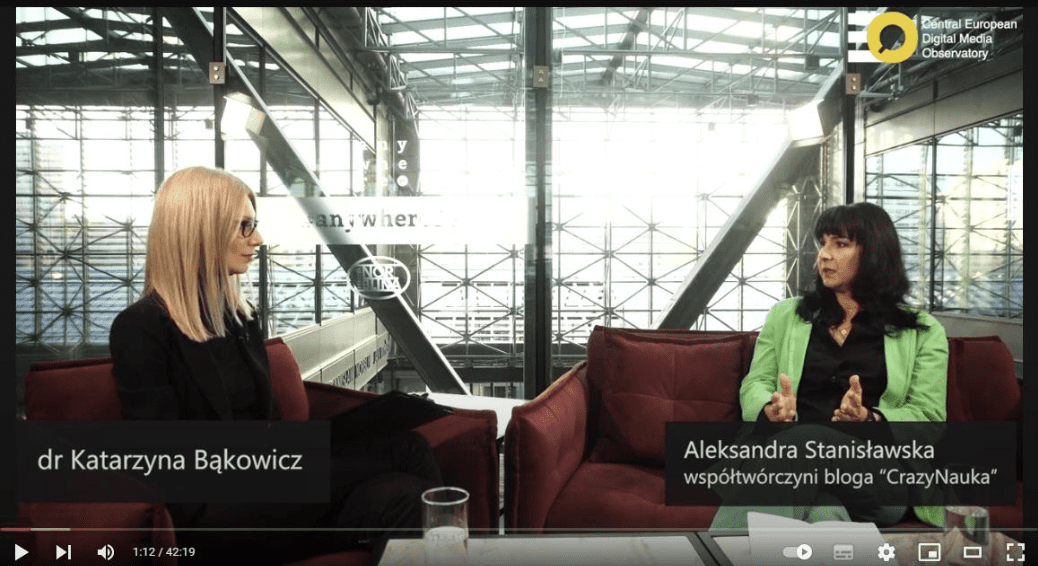
- Interview with prof. Michał Wenzel, political scientist and sociologist from SWPS University
You can watch it on YouTube as a video interview (in Polish) or listen to the podcast version on Spotify (in Polish).
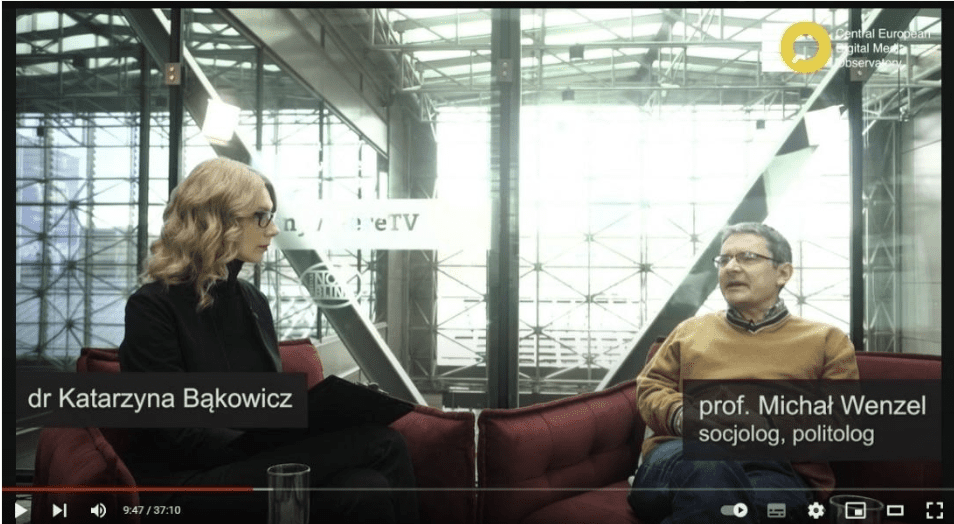
- Interview with prof. Marcin Napiorkowski; semiotician and researcher of myths from University of Warsaw
You can watch it on YouTube as a video interview (in Polish) or listen to the podcast version on Spotify (in Polish).
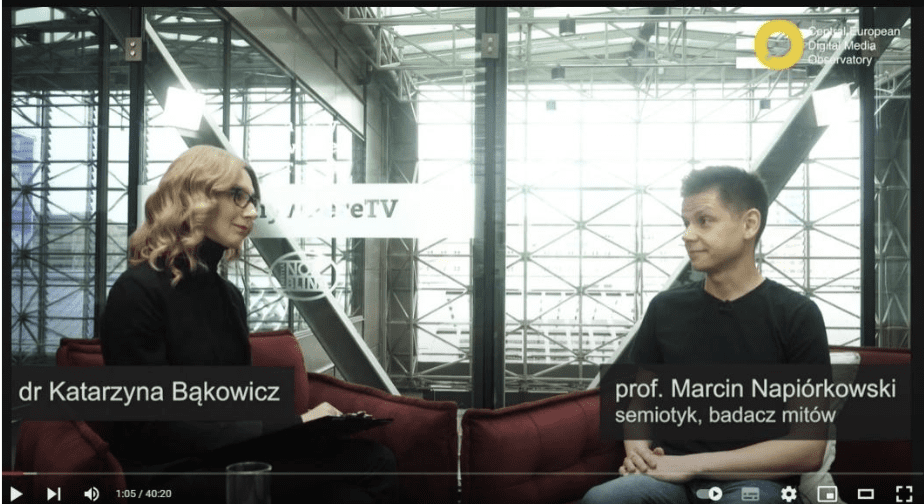
- Interview with prof. Zbigniew Mikołajko; philosopher and historian from the Polish Academy of Sciences
You can watch it on YouTube as a video interview (in Polish) or listen to the podcast version on Spotify (in Polish).
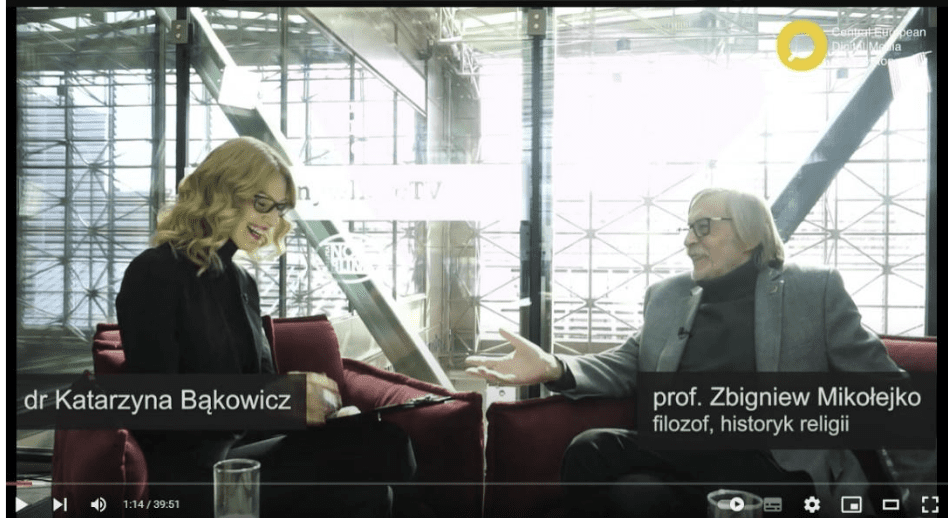
- Interview with Kamila Drzewicka, legal advisor and expert on greenwashing
You can watch it on YouTube as a video interview (in Polish) or listen to the podcast version on Spotify (in Polish).
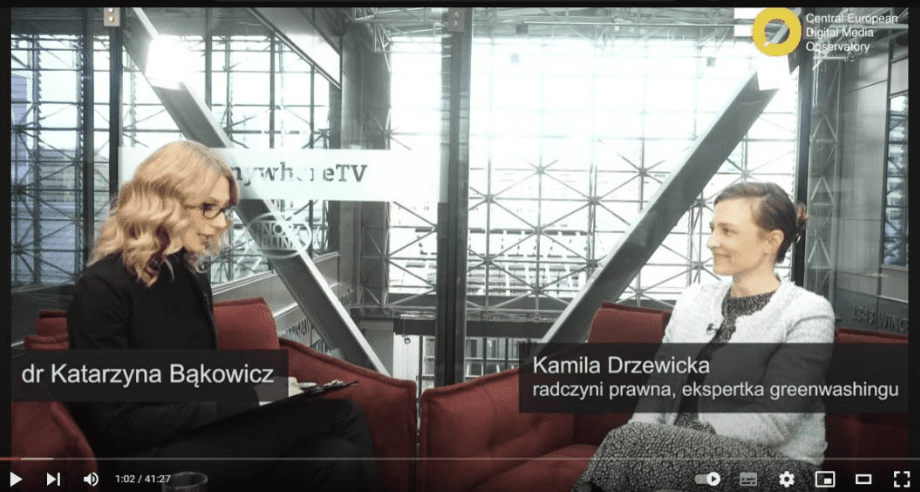
- Interview with Paulina Wojkiewicz, psychologist and psychotherapist
You can watch it on YouTube as a video interview (in Polish) or listen to the podcast version on Spotify (in Polish).
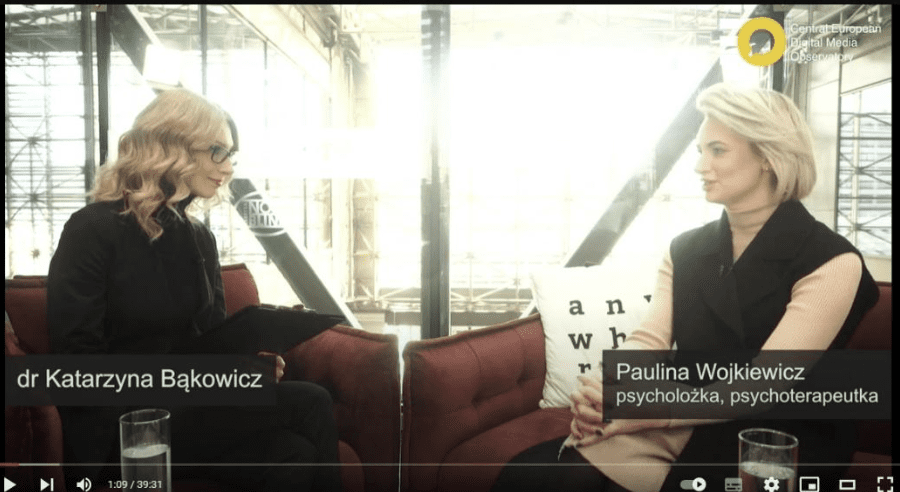
Together against disinformation. A special event for journalists and communication professionals
The CEDMO Poland team organized workshops for journalists and other professionals in the field of professional communication in counteracting disinformation and creating valuable and attractive media content. The event was held on March 26 in Warsaw, at the SWPS University.
The workshops had the form of discussion at round tables moderated by media specialists (Dariusz Rosiak, creator of the State of the World Report; Jakub Górnicki, one of the founders of Outriders and Aleksy Szymkiweicz, a specialist from Demagog Association). We proposed 3 round tables, at which we worked out specific tools for use in journalistic work. The tools were named and written down, so that together they would form a system to counter disinformation.
- Round table: Ethics
Subtopics: Journalistic standards understood as guidelines for making daily decisions. Political and commercial threats to the journalist. Sources.
Moderator: Dariusz Rosiak.
- Round table: Artificial Intelligence vs. disinformation. How to deal with it?
Subtopics: Technical basics. Applications of AI: Big Techs, professional life and everyday life. AI in the service of disinformation: technological risks. Methods of verification. AI regulations.
Moderator: Aleksy Szymkiewicz.
- Round table: New journalism
Subtopics: Creativity in journalism vs. traditional forms. New journalistic formats. Reporting around the world without misinforming.
Moderator: Jakub Górnicki.
For more information about the event look at the CEDMO news section or the website of SWPS University.
Short films with influencers. Check out the Polish youth campaign
Due to the situation regarding the influencer community being difficult in Poland, as they are subject to various image crises, the Polish team chose two credible influencers for the media literacy campaign – Paulina Mikula and Marcin Kruszewski. Paulina Mikula is a respected influencer in the field of language, with the Polish team she created one longer video explaining the topic of misinformation and two short videos presenting tips on how to protect yourself from misinformation and showing fake news that people can now encounter (see it below). Marcin Kruszewski is a lawyer and tells a young audience about complex issues in a simple way. In one YouTube video, one TikTok film and one reel, he will present the legal contexts and consequences of disinformation that students may encounter in their daily life at school. The videos were gradually published on CEDMO’s YouTube channel during March 2024.
Paulina Mikuła on disinformation
preview of the video on YouTube
Paulina Mikuła: 5 ways to protect yourself from misinformation
preview of the video on YouTube
Paulina Mikuła: 3 fake news you may encounter
preview of the video on YouTube (coming soon)
Marcin Kruszewski: influencer działający pod nazwą PrawoMarcina, w sprawie dezinformacji
preview of the video on YouTube
Marcin Kruszewski: 3 false information that misled students and teachers!
preview of the video on YovuTube
Additional workshops for students and PR specialists
Towards the end of the CEDMO project, the Polish team implemented three more events that were not planned at the beginning of the project. The Polish colleagues evaluated it as important to pay more attention to target groups that were not otherwise focused on in the project – students and PR specialists.
Workshops for students: Fake or not fake – that is the question!
The Polish team prepared meetings on counteracting disinformation for students in Wroclaw and Warsaw. The workshops consisted of two parts: a lecture with elements of discussion and a workshop on how to prepare attractive and credible media content. Students learnt the basic principles of information verification, they learnt how to work with sources and how to use practical tools and techniques useful for verifying information, how to create reliable, valuable and attractive content for recipients. The first meeting was held in situ on March 13 in Warsaw and the second one on March 14 2024 in Wroclaw and a total of 27 students participated in it.
Workshop for PR specialists: Fact-checking and Disinformation Defense in PR Practice
Is fact-checking a core competency of the modern PR specialist? Which types of disinformation can threaten the brand or organisation? How can a PR specialist combat misinformation about his organisation and its stakeholders? Can AI serve as an information retrieval tool? These and many other questions were answered by experts with very different competencies and perspectives during a 3.5-hour online workshop. The perspective of a disinformation analyst was taken by Aleksy Szymkiewicz from the Demagog Association, the first Polish fact-checking organisation. In turn, a take on the topic from the point of view of a public relations practitioner was presented by the public relation expert Urszula Podraza. And the opening lecture of the webinar was given by Karina Stasiuk-Krajewska, PhD, professor at SWPS University, who is also the national coordinator of CEDMO. 60 PR specialists were registered for the event, 26 of them participated in it.
